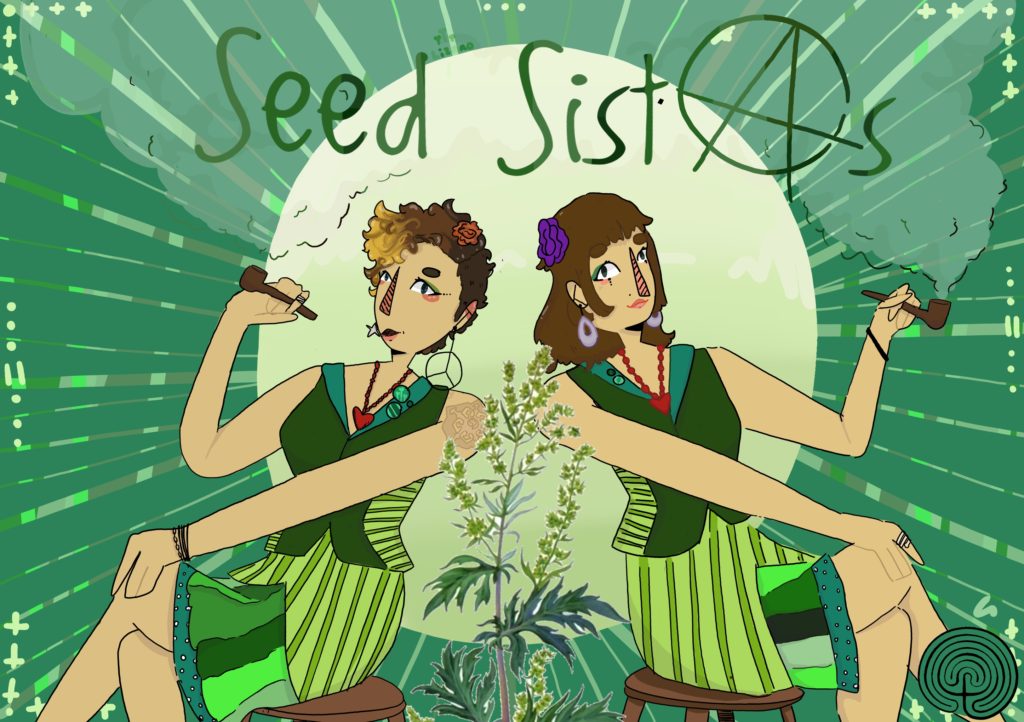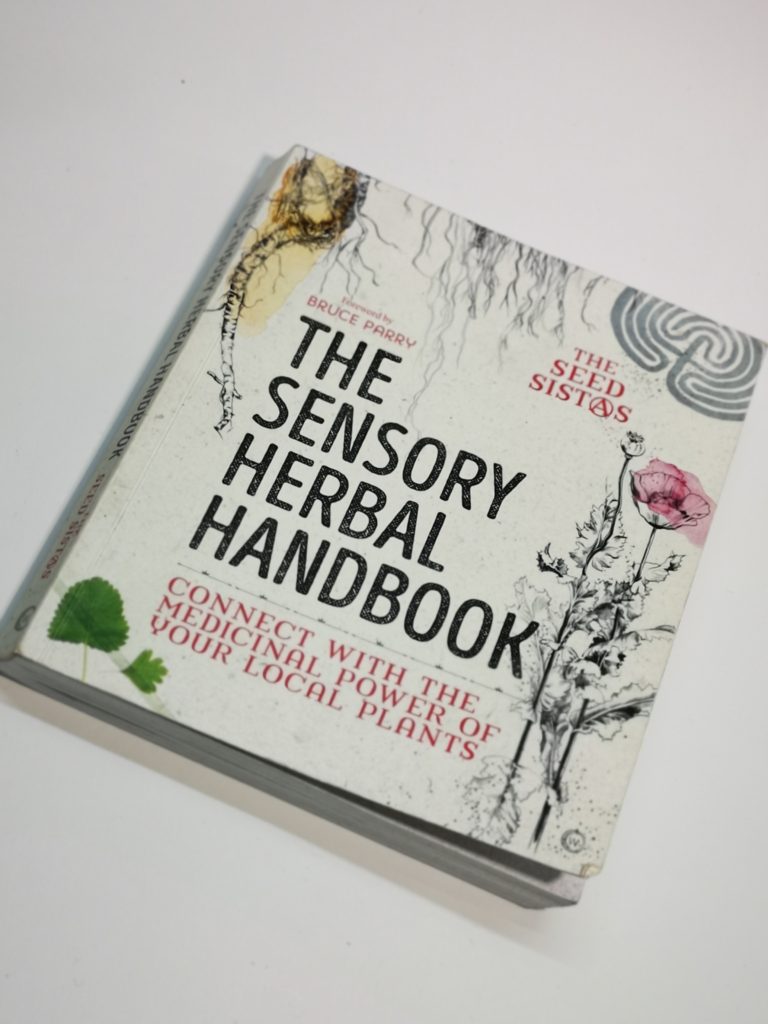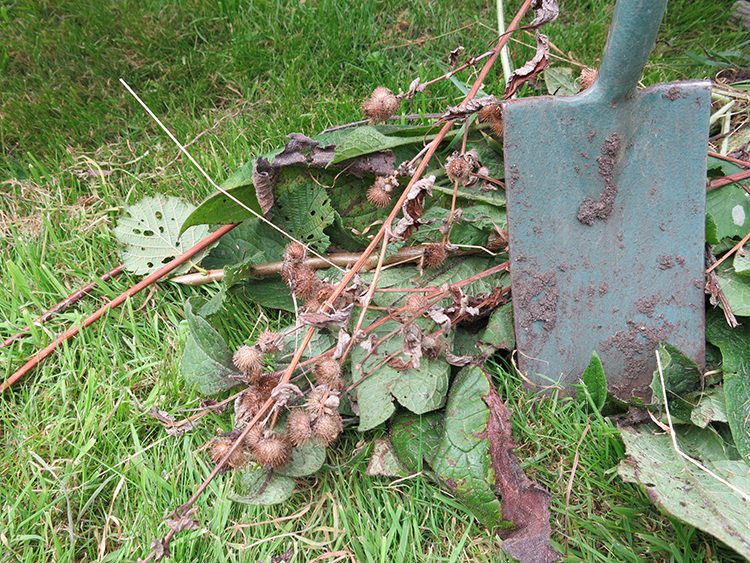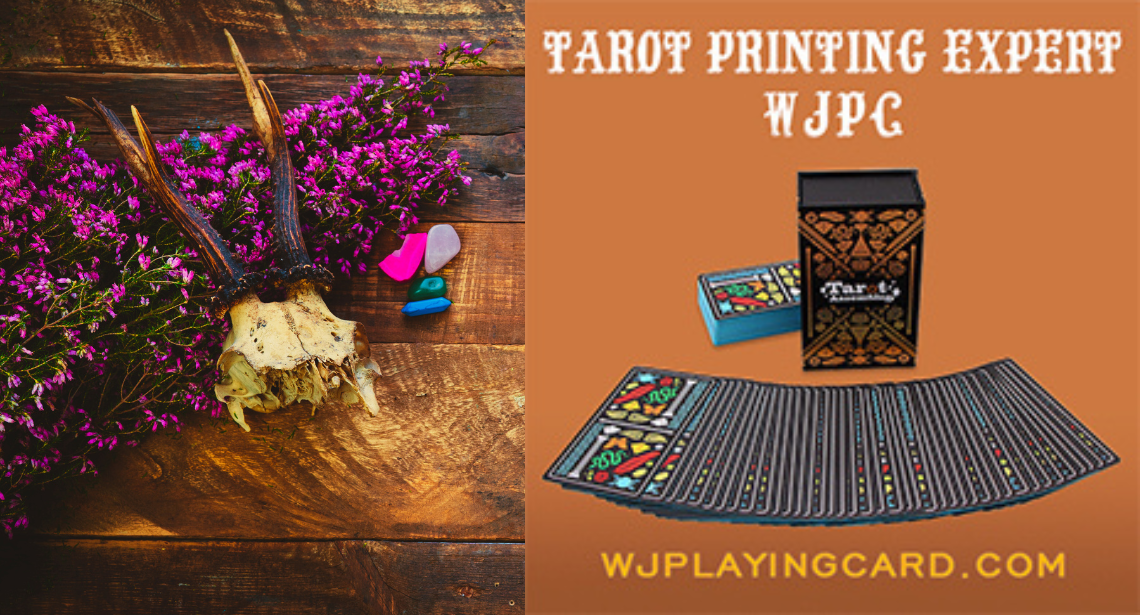Karen Lawton and Fiona Heckels form the Seed SistAs, a social enterprise aiming to change the future of the planet by reintroducing us to our forgotten relationship with local plants and herbs. Here, Karen explains the relationship between herbalism and activism.
by Karen Lawton

Art by Elektra Delight. IG: drawingfwog
20 years ago, I made the decision to go to university and study my hobby of herbalism. Whilst on the 4-year full time Bachelor of Science degree in Phytotherapy at Middlesex University in North London, one of the best parts was meeting Fiona Heckels, who became the fellow founder of our social enterprise, Sensory Solutions Herbal Evolution. We immediately recognised a kindred spirit in each other. We both have an insatiable passion for plants, and a deep anger at the state of society and the lack of care for the beautiful planet we inhabit.
After much debate and discussion, we decided to channel our rage into something positive. To work to truly cultivate change, we formed Sensory Solutions Herbal Evolution as an arts and health education Community Interest Company. We are completely committed to the promotion of empowerment, autonomy, freedom, health and diversity through teaching about plant medicine. All of our Sensory Herb courses, publications, talks and tours promote the aims of the CIC and what it stands for: to educate about and promote the growing and use of herbal medicine.
Fiona and I are known as the Seed SistAs, and we spend a lot of time collecting and sharing seeds of medicinal plants along our travels, organizing and attending seed swap events and inspiring and cultivating change where possible.

We believe that a positive shift occurs in each person when they are educated about the harvesting and utilisation of herbal medicine – a reconnection with our precious plants and planet ensues. Through this reconnection and shift a whole new system of healing relevant to today will be created. A system that takes the pressure off the NHS by empowering people to treat their minor ailments with abundantly growing herbs, and a system that builds healthy communities by connecting people to their local plants, to each other, to good health and to our beautiful Earth.
Our book
The Sensory Herbal Handbook is a culmination of years of working with plants, health and the cycles of the year, written for anyone who has heard the whispers of the wild and has been stirred to know more.
A threatened planet
For the past 20 years, we have been driven by the recognition that we are living in a world that is in ecological crisis. We believe that life on earth can feel this chaos, and the deepening sadness. It is true that movements for sustainable and environmental projects are blossoming the world over, often with women leading the way. But we are still living in a world that has far to go – Cranfield University reported that
the number of women holding senior jobs in the boardrooms of Britain's biggest companies fell in 2018, with quotas to address the balance made up in less senior positions.
The implication here is that where women only make up 32% of the board room, they are far less involved in the big decisions on climate and sustainability policies within large companies. It is also worth noting that Cranfield’s research states that the woman that
are in senior positions are markedly lacking in diversity. Research carried out at Adelaide University concluded that the average corporate could save as much as £2.4m on the £158.54m average environmental lawsuit for every woman it appointed at boardroom level.
There are many people working and fighting for change – for social change and environmental laws to be brought into our court system – but despite the existence of international agreements and codes of conduct, the devastation and harm to our atmosphere is worsening.
Existing international declarations, treaties and protocols do not impose an international legal requirement to uphold nation states and corporatations responsibility for ecocide. The impact of including ecocide law as an international crime will be significant; prohibiting dangerous industrial activity that causes ecocide and exacerbates climate change has the potential to be a game-changer on a global scale.

The aim of our social enterprise is to educate people about the harvesting and utilization of plant medicine, thus spreading the radical roots of a whole new paradigm of healing so relevant to today. This is achieved through various educational resources and community growing projects, managed and run by the us and our amazing Sensory Herbal Apprentices. Through each of the Sensory Community Medicine Garden projects, education is proliferated about the medicinal power of plants through the growing, harvesting and creation of simple plant remedies.
Community gardens have the potential to mitigate some of the problems that plague our societies. They can be a beneficial addition to many communities by increasing the availability of nutritious foods, and useful medicines that not only reduce environmental hazards and reduce food miles, but strengthen community ties and create a more sustainable system.
Further, getting our hand down in the soil, sowing seeds, planting out, weeding and creating compost is now a whole new, studied branch of health known as social and therapeutic horticulture: the process of utilising plants and gardens to improve physical and mental health, as well as communication and thinking skills. Gardening is a wonderfully flexible medium that can transform lives with the ability to help everyone, regardless of age or disability.
The benefits of a sustained, active interest in gardening include:
- Better physical health through exercise and learning how to use or strengthen muscles to improve mobility
- Improved mental health through a sense of purpose and achievement
- The opportunity to connect with others – reducing feelings of isolation or exclusion
- Acquiring new skills to improve the chances of finding employment
- Just feeling better for being outside, in touch with nature and in the 'great outdoors'
Horticultural and woodland therapies are attracting attention thanks to the increasingly well-documented value of the outdoors for our mental health and wellbeing, and there is a growing body of research which shows that the flexible nature of gardening projects allows service users to feel empowered in a non-threatening space. Gardening also helps to develop nurturing skills and is thought to boost mindfulness, as well as naturally increasing our serotonin and dopamine levels.
Through the apprenticeship programme and courses that we have created, we share our love and wisdom about the plant world. We encourage our students to become storytellers, reviving this ancient art as an educational craft. Each apprentice is encouraged to learn how to lead herb walks and to proliferate herbal knowledge.
A long herbal tradition
The roots of phytotherapy, or traditional herbal medicine, are deep. They traverse across thousands of years and interweave with every society known to have inhabited this planet. Even today, herbalism is the most widely-used system of healing throughout the world.
Plant compounds elicit responses within us through interacting with receptors in our cells and nerve endings. We are composed of much the same substances as our plant cousins; we have grown and developed together over millennia. These plant compounds interact with us on many levels, exerting effects on us not only physically, but mentally, emotionally and spiritually.
If we give ourselves the chance to do so, we can learn to speak the same language as the plants. Taste a bitter lettuce, or a sweet apple, and the conversation begins. The way a plant tastes gives us clues to its physical actions. Plants converse with us through their visual appearance, their taste, their scent, the way they feel to the touch and the energy they emit. Taking the time to stop, breathe, sense and experience brings us an awareness of each plant and forms the start of a relationship.

The more we experiment, explore and practice speaking to plants in this way, the greater our knowledge about them becomes and the deeper our relationship goes. The more we interact with the plants, the more they reveal themselves to us, and the more confident we can be in using them for medicine.
‘Herbal medicine is a broad church’. Those were the words of the great herbalist Christopher Hedley,who was our mentor – a wizard who sought to unify herbalists and create health justice for all through better access to quality herbal medicine. There are many differing types or practices of herbalism, with everything from those herbalists who simply buy in their stock of dried herbs and tinctures ready-made, to those who grow and create all their of own from seeds.
Sensory herbalism is based on the Western herbal medicine tradition, drawing on tools and energetic language that have always been used to connect with and understand plants and people. Western herbal medicine is a holistic system of medicine focused on returning a person’s health back to a state of homeostatic balance. It has become a practice with rigorous, medicalised training and often (but not always) little connection to the plants themselves.
Sensory herbalism differs from this. The focus is on the plants themselves, and getting to know them intimately through utilising the senses and intuition as well as the analytical mind. Sight, touch, smell and taste are trained to understand the subtle qualities of a plant that give clues as to its physical, emotional and spiritual attributes.
A simple example of this would be
the aromatic oil in rosemary, which indicates that it has developed protection from harmful microbes, insects, and even drought. The aroma, when rubbed, indicates the presence of oils which we know that, when present, will provide protection for the human body on not only a physiological level, but an energetic one. The bitter taste of some herbs we know to stimulate digestive processes. We salivate more and feel hungry minutes later, as the bitter reflex stimulates sluggish digestion. In the presence of a bitter taste, we know that a plant will have affinity for the digestive system, and energetically will help to shift stagnant emotional patterns.
A future of activism
We have a strong political ethos. Naturally, in following the plants and harvesting through the seasons, it is becoming obvious that huge areas of habitat and plant diversity are under threat or seriously lacking. Those places that can be harvested from have reduced drastically in number since the introduction of modern farming practices, hedge removal and the use of pesticides. Sensory herbalism aims to get to know the plants, but also to protect them and to encourage the growing of plants, the instigation of re-wilding communal green spaces, and to pass on knowledge and information to reignite people’s interest in these most valuable, beautiful and medicinally-rich beings.
There is a focus on how as humans we can restore our own health, through interacting with the plants themselves in energetic doses and through the growing and harvesting of them. We have a strong focus in creativity, with great emphasis on connection to nature and spirit through storytelling, observational drawing and poetry. We draws on the power of intention whilst growing, crafting and using medicines.
We work to strengthen the mutually beneficial relationship between herbs and humans. Working with plants is in itself an act of political activism. It is a statement of self-empowerment and a belief in and desire to protect nature. The more we know and understand about herbs, the more we will want and be able to create the environments in which they can grow and flourish.
About the author:

Along with Fiona Heckels, Karen Lawton makes up one half of The Seed SistAs, medically trained herbalists, activists and modern plant folklorists. With artist Belle Benfield, they are on a mission to connect people with their local plants and to promote empowerment, autonomy, freedom and diversity in health care.
The Sensory Herbal Handbook: Connect with the medicinal power of your local plants (RRP £16.99, Watkins Publishing)
You might also like:
Natural Health Spotlight: Rosemary
Herbs as an Alternative to HRT
Herbal Heroes: 5 of the Best Natural Herbal Solutions
Natural Ingredients and Herbal Help for Immunity

 We believe that a positive shift occurs in each person when they are educated about the harvesting and utilisation of herbal medicine – a reconnection with our precious plants and planet ensues. Through this reconnection and shift a whole new system of healing relevant to today will be created. A system that takes the pressure off the NHS by empowering people to treat their minor ailments with abundantly growing herbs, and a system that builds healthy communities by connecting people to their local plants, to each other, to good health and to our beautiful Earth.
Our book The Sensory Herbal Handbook is a culmination of years of working with plants, health and the cycles of the year, written for anyone who has heard the whispers of the wild and has been stirred to know more.
We believe that a positive shift occurs in each person when they are educated about the harvesting and utilisation of herbal medicine – a reconnection with our precious plants and planet ensues. Through this reconnection and shift a whole new system of healing relevant to today will be created. A system that takes the pressure off the NHS by empowering people to treat their minor ailments with abundantly growing herbs, and a system that builds healthy communities by connecting people to their local plants, to each other, to good health and to our beautiful Earth.
Our book The Sensory Herbal Handbook is a culmination of years of working with plants, health and the cycles of the year, written for anyone who has heard the whispers of the wild and has been stirred to know more.
 The aim of our social enterprise is to educate people about the harvesting and utilization of plant medicine, thus spreading the radical roots of a whole new paradigm of healing so relevant to today. This is achieved through various educational resources and community growing projects, managed and run by the us and our amazing Sensory Herbal Apprentices. Through each of the Sensory Community Medicine Garden projects, education is proliferated about the medicinal power of plants through the growing, harvesting and creation of simple plant remedies.
Community gardens have the potential to mitigate some of the problems that plague our societies. They can be a beneficial addition to many communities by increasing the availability of nutritious foods, and useful medicines that not only reduce environmental hazards and reduce food miles, but strengthen community ties and create a more sustainable system.
Further, getting our hand down in the soil, sowing seeds, planting out, weeding and creating compost is now a whole new, studied branch of health known as social and therapeutic horticulture: the process of utilising plants and gardens to improve physical and mental health, as well as communication and thinking skills. Gardening is a wonderfully flexible medium that can transform lives with the ability to help everyone, regardless of age or disability.
The benefits of a sustained, active interest in gardening include:
The aim of our social enterprise is to educate people about the harvesting and utilization of plant medicine, thus spreading the radical roots of a whole new paradigm of healing so relevant to today. This is achieved through various educational resources and community growing projects, managed and run by the us and our amazing Sensory Herbal Apprentices. Through each of the Sensory Community Medicine Garden projects, education is proliferated about the medicinal power of plants through the growing, harvesting and creation of simple plant remedies.
Community gardens have the potential to mitigate some of the problems that plague our societies. They can be a beneficial addition to many communities by increasing the availability of nutritious foods, and useful medicines that not only reduce environmental hazards and reduce food miles, but strengthen community ties and create a more sustainable system.
Further, getting our hand down in the soil, sowing seeds, planting out, weeding and creating compost is now a whole new, studied branch of health known as social and therapeutic horticulture: the process of utilising plants and gardens to improve physical and mental health, as well as communication and thinking skills. Gardening is a wonderfully flexible medium that can transform lives with the ability to help everyone, regardless of age or disability.
The benefits of a sustained, active interest in gardening include:
 The more we experiment, explore and practice speaking to plants in this way, the greater our knowledge about them becomes and the deeper our relationship goes. The more we interact with the plants, the more they reveal themselves to us, and the more confident we can be in using them for medicine.
‘Herbal medicine is a broad church’. Those were the words of the great herbalist Christopher Hedley,who was our mentor – a wizard who sought to unify herbalists and create health justice for all through better access to quality herbal medicine. There are many differing types or practices of herbalism, with everything from those herbalists who simply buy in their stock of dried herbs and tinctures ready-made, to those who grow and create all their of own from seeds.
Sensory herbalism is based on the Western herbal medicine tradition, drawing on tools and energetic language that have always been used to connect with and understand plants and people. Western herbal medicine is a holistic system of medicine focused on returning a person’s health back to a state of homeostatic balance. It has become a practice with rigorous, medicalised training and often (but not always) little connection to the plants themselves.
Sensory herbalism differs from this. The focus is on the plants themselves, and getting to know them intimately through utilising the senses and intuition as well as the analytical mind. Sight, touch, smell and taste are trained to understand the subtle qualities of a plant that give clues as to its physical, emotional and spiritual attributes.
A simple example of this would be
The more we experiment, explore and practice speaking to plants in this way, the greater our knowledge about them becomes and the deeper our relationship goes. The more we interact with the plants, the more they reveal themselves to us, and the more confident we can be in using them for medicine.
‘Herbal medicine is a broad church’. Those were the words of the great herbalist Christopher Hedley,who was our mentor – a wizard who sought to unify herbalists and create health justice for all through better access to quality herbal medicine. There are many differing types or practices of herbalism, with everything from those herbalists who simply buy in their stock of dried herbs and tinctures ready-made, to those who grow and create all their of own from seeds.
Sensory herbalism is based on the Western herbal medicine tradition, drawing on tools and energetic language that have always been used to connect with and understand plants and people. Western herbal medicine is a holistic system of medicine focused on returning a person’s health back to a state of homeostatic balance. It has become a practice with rigorous, medicalised training and often (but not always) little connection to the plants themselves.
Sensory herbalism differs from this. The focus is on the plants themselves, and getting to know them intimately through utilising the senses and intuition as well as the analytical mind. Sight, touch, smell and taste are trained to understand the subtle qualities of a plant that give clues as to its physical, emotional and spiritual attributes.
A simple example of this would be 
















